Peter I. Buerhaus, PhD, RN, FAAN is Professor at Montana State University College of Nursing and is formerly the Valere Potter Professor of Nursing and the Director of the Center for Interdisciplinary Health Workforce Studies at Vanderbilt University Medical Center. Dr. Buerhaus has a distinguished career in health workforce studies, leading groundbreaking studies on nursing shortage and authoring over 125 peer-reviewed publications, the majority of which are related to health workforce research. His research interests include monitoring and analyzing trends in employment and earnings, and the age composition of the nurse and physician workforces; developing, testing and refining measures of nurse-sensitive quality of care; and assessing the contributions of nurse practitioners providing primary care in the U.S.
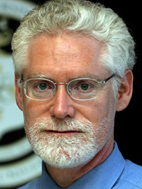

Brad Casemore, MHSA, LMSW, FACHE is Chief Executive Officer of Southwest Michigan Behavioral Health (SWMBH) a quasi-governmental entity managing Medicaid and other state and federal behavioral health (mental health, developmental disabilities, substance abuse) benefits under contract to the Michigan Department of Community Health. SWMBH covers eight Michigan counties with 206,000 beneficiaries and a $220 million annual budget. Prior to being selected to lead SWMBH in September 2013, he served for twelve years as Chief Operating Officer of Venture Behavioral Health, a five county Michigan Prepaid Inpatient Health Plan managing Medicaid behavioral health benefits. He has leadership and Board experience in hospitals and health systems, chemical dependency rehabilitation, and Information Technology trade association. He holds Master of Health Services Administration and Master of Social Work degrees from the University of Michigan. He is a Fellow of the American College of Healthcare Executives.

Rebecca Chickey, MPH is the Director of the American Hospital Association’s (AHA) Section for Psychiatric and Substance Abuse Services. Mrs. Chickey has worked for AHA since 1990 when she joined the organization as a senior staff specialist in the Section for Psychiatric and Substance Abuse Services. Over the past several years at AHA, Mrs. Chickey has had a leadership role with numerous projects including passage of the 2008 Mental Health Parity & Addiction Equity Act, promoted inovations in behavioral health integration, influenced the creation and implementation of Medicare’s Inpatient Psychiatric Facility Prospective Payment System, and provided best practices to providers as they work to improve behavioral health care quality and outcomes.
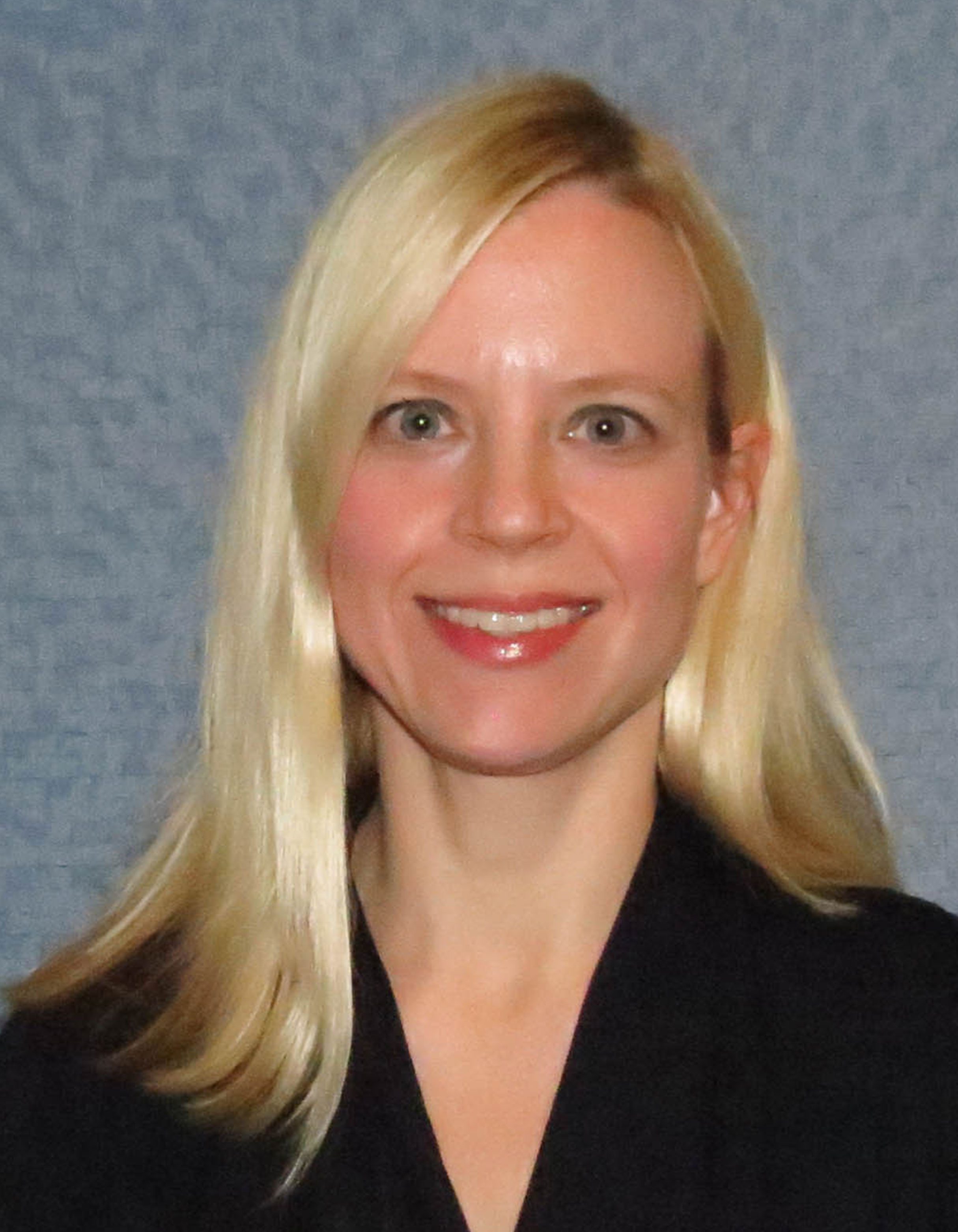
Kelly M. Corredor, JD, is the Senior Director of Advocacy and Government Relations for the American Society of Addiction Medicine (ASAM), a national medical specialty society representing more than 6,300 physicians and other clinicians who specialize in the prevention and treatment of addiction. In her role at ASAM, Ms. Corredor is responsible for the society’s legislative, federal, state, private payer, and liaison activities and for the development of key Congressional, government agency, and coalition relationships, as well as all matters of advocacy and public policy-related media relations for the society. Currently, she primarily focuses on legislation and policy concerning the nation’s opioid overdose epidemic, with an emphasis on important reforms related to improving patient care coordination and safety, investing in the addiction treatment workforce, expanding access to evidence-based addiction treatment, and improving provider education.
Immediately prior to joining ASAM, Ms. Corredor was the co-founder and CEO of a Florida nonprofit dedicated to reducing harms related to drug misuse and addiction and served as a progressive state voice on drug-related matters, calling for more compassionate, science-based, and health-oriented responses to Florida’s drug-related problems. Prior to her nonprofit work, Ms. Corredor was an attorney in the global real estate department of a leading international law firm.
Ms. Corredor earned her bachelor’s degree from Louisiana State University and her law degree from the University of Michigan Law School. She, her husband, and two young sons live in Arlington, Virginia.

Andrew Danzo is Director of Fellowship Development for the American College of Academic Addiction Medicine (ACAAM). He has been involved in developing physician training programs since 2010 as part of the successful effort to build a graduate medical education infrastructure for Addiction Medicine and achieve its formal recognition by the American Board of Medical Specialties and the Accreditation Council for Graduate Medical Education. Based in the Department of Family Medicine at the University at Buffalo Jacobs School of Medicine and Biomedical Sciences, Mr. Danzo has also worked on a variety of projects, including the New York State Rural Health Research Center and New York State Area Health Education Center System. From 2000-2009, he served as Associate Editor of the Journal of Rural Health. He earned a BA in economics and political science from Rutgers University and previously worked for a number of years as a journalist.

Marley Doyle, MD is the director of the Behavioral Health Education Center of Nebraska (BHECN), director of the Adult Outpatient Division, and associate program director for the Creighton-UNMC Psychiatry Residency. She is co-chair of the Graduate Medical Education (GME) Steering Committee and was actively involved in the visioning and execution of the new residency program application in which UNMC plans to start its own residency program in psychiatry. A recognized leader in the field of gender equality in academic psychiatry, Dr. Doyle has presented 10 peer-reviewed abstracts at national conferences and has six publications in peer-reviewed journals. She is also a frequent lecturer in the medical school and multiple residencies at UNMC. She has won numerous teaching awards and is a member of the Gold Humanism Honor Society.

Angela M. Gerolamo, RN, PhD is an associate professor at the Jefferson College of Nursing specializing in psychiatric mental health nursing. Dr. Gerolamo has more than 20 years of experience in the health care industry including direct nursing practice, quality management, staff development, and program evaluation and policy research. She currently serves as a consultant to La Comunidad Hispana, a federally qualified healthcare center in Kennett Square, Pennsylvania, where she provides guidance on the management of individuals with mental health and medical comorbidities, educates primary care providers on integrated mental health treatment, and advises on the implementation of an integrated care model. She has published widely on integrated care models and psychosocial needs of vulnerable populations.
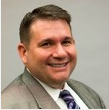
Charles Ingoglia, MSW is President and CEO at the National Council for Behavioral Health. With more than 20 years of experience in behavioral health, Mr. Ingoglia has worked as a provider, advocate, and educator for government and public sector organizations. He directs the federal and state affairs function of the National Council, and oversees practice improvement and technical assistance programs offered to more than 500,000 behavioral health professionals across the U.S. His efforts have centered on key issue such as parity, healthcare reform, and improving the experience of mental health and addictions care and treatment engagement. Prior to joining the National Council, Mr. Ingoglia provided policy and program design guidance to SAMHSA. He also directed state government relations and service system improvement projects for the National Mental Health Association, served as a policy analyst for the National Association of Social Workers, and designed educational programs for mental health and addictions professionals at the Association of Ambulatory Behavioral Healthcare. He has worked in a transitional shelter with homeless persons and provided individual, group and couples counseling at the Whitman-Walker Clinic in Washington, DC. Mr. Ingoglia is adjunct faculty at the George Washington University Graduate School of Political Management.

Victoria E. Kress, Distinguished Professor, Ph.D., LPCC-S, NCC, CCMHC is the director of the clinical mental health and addictions counseling programs at Youngstown State University, and she is the director of a community counseling clinic. She has been a practicing, licensed counselor for over 25 years. She served as a governor appointed member of the Ohio Counselor, Social Worker, and Marriage and Family Therapist Board. She has published over 130 refereed articles and book chapters, and she has co-authored 5 books on counseling youth and adults. Her clinical and research specialty areas include counseling adults and children who have various mental disorders; issues associated with diagnosing those who have mental disorders; counseling those have experienced trauma and/or adverse childhood experiences; and suicide and nonsuicidal self-injury. She has also volunteered in Malawi, Zambia, Rwanda, and Tanzania, advocating for mental health awareness and training, and the professionalization of counseling.

Kristin Kroeger currently serves as the Chief of Policy, Programs, & Partnerships at the American Psychiatric Association. Ms. Kroeger’s primary role at APA is to oversee coordination and implementation of all policy priorities and programs, as well as build relationships with all allied and external partners. It comes at an important time when we need to push Congress to implement mental health parity, become leaders in developing quality measures for our field and encourage our practitioners to embrace new models of care. Ms. Kroeger has worked in the mental health policy and advocacy arena for over 22 years and comes to us from our allied organization, the American Academy of Child and Adolescent Psychiatry where she served as AACAP’s Deputy Executive Director and Director of Government Affairs and Clinical Practice.
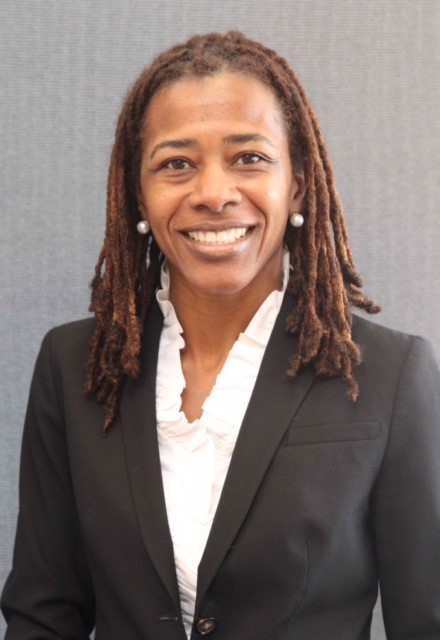
Joy Lewis, MPH, MSW is vice president, Strategic Policy Planning. She will lead the American Hospital Association’s (AHA) effort to identify long-term public policy issues, presenting solutions to further the AHA’s vision and mission. She also will identify issues requiring more study and analysis to help inform dialogue with both membership and the public. She will provide leadership in organizing member work groups to ensure members’ involvement, gaining the value of their insights and perspectives. Most recently, Joy was a senior health policy leader at the Kaiser Permanente Institute for Health Policy.
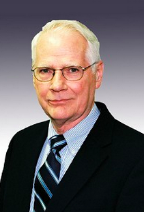
Ron Manderscheid, PhD serves as the Executive Director of the National Association of County Behavioral Health and Developmental Disability Directors. The Association represents county and local authorities in Washington, D.C., and provides a national program of technical assistance and support. Concurrently, he is Adjunct Professor at the Department of Mental Health, Bloomberg School of Public Health, Johns Hopkins University, and Immediate Past President of ACMHA—The College for Behavioral Health Leadership. Dr. Manderscheid is a recognized national and international thought leader in mental health and substance use and has numerous published works. He was principal editor and a co-author for the last eight editions of Mental Health, United States, spanning 1987 to 2004, and he has produced nearly 200 scientific articles and white papers, which have been published in a broad array of peer-reviewed publications. Dr. Manderscheid’s federal career has spanned a broad range of activities. He previously served as chief of mental health services research, mental health statistics and informatics, and evaluation research programs at the National Institute of Mental Health, before later becoming the chief of mental health statistics and IT at the Center for Mental Health Services within SAMHSA. He also served as a senior policy advisor on health care reform in the office of the Health and Human Services (HHS) Assistant Secretary for Health.

Cynthia Moreno Tuohy, NCACII, CDCIII, SAP is Executive Director of NAADAC, the Association for Addiction Professionals. She previously served as the executive director of Danya Institute and the Central East Addiction Technology Transfer Center. Prior to this she was the program director for Volunteers of America-Western Washington, serving homeless populations and dealing with the co-occurrence of poverty and substance abuse issues. She has also written training components and manuals about working with adolescents, adults, and seniors; school intervention; involuntary commitment; community mobilization; intensive outpatient treatment and continuing care; the foundations of addiction practice; medication-assisted recovery; impaired driver programs; employee assistance programs; and gang intervention and treatment.

Julie Rhoads, MSW is the Director of Educational Initiatives and Research at the Council on Social Work Education. She received her BSW and MSW from Millersville University in Pennsylvania. The Council on Social Work Education is the national association representing social work education in the United States. At CSWE, Julie is responsible for institutional research, grants, curricular resources, and other initiatives including chairing the National Workforce Initiative Steering Committee.

Noël Smith, MA is Senior Director of PA and Industry Policy and Analysis. She joined the American Academy of PAs in the spring of 2015, after serving as a consultant with AAPA research for two years. Noël has an advanced degree in Psychology; and has focused her career on workforce research and policy analysis. Noël leads AAPA’s research team as well as serves as a staff adviser to both the Joint Task force on Burnout and the Commission on Research and Strategic Initiatives. Noël oversee the management of AAPA’s surveys and research support services. In addition, Noël supports external collaborations with researchers across the globe. Noël has co-authored 20 published peer-review articles with another 11 articles in development. She is a regular speaker at PA workforce conferences. Areas of interest include understanding the prevalence and drivers of PA burnout as well as growing opportunities for PAs in leadership.

Roger D. Smith, JD is Director of Government and Corporate Affairs/General Counsel for the American Association for Marriage and Family Therapy. AAMFT is the national association that represents the professional interests of over 62,000 licensed marriage and family therapists throughout the United States. Mr. Smith has over 11 years of experience with AAMFT. In this current role, Mr. Smith oversees AAMFT’s federal and state government relations activities, as well as the association’s ethical code compliance and legal risk management programs. Mr. Smith also serves as AAMFT’s representative to the American Red Cross and the Coalition for Patients’ Rights.

Karen Stamm, PhD, is the director of the American Psychological Association’s Center for Workforce Studies. APA is the leading scientific and professional organization representing psychology in the United States, with more than 117,500 researchers, educators, clinicians, consultants, and students as its members. Within APA, the Center for Workforce Studies collects, analyzes, and disseminates data about the psychology workforce and education system. Dr. Stamm’s research interests focus on the profession of psychology, including its scientific and education communities, practitioners, and psychologists working in the public interest. She received her MA and PhD in psychology (with a focus on quantitative methods and research methodology) from the University of Rhode Island and BA in psychology and English from Boston College.

Sarah A. Wattenberg, MSW is the director of quality and addiction services at the National Association for Behavioral Healthcare. In this role, she oversees the association’s interest, positions, and actions related to behavioral healthcare quality and addiction services.
Previously, Sarah worked as senior policy advisor at the White House Office of National Drug Policy. In that role, she served on the President Obama’s parity task force and provided technical assistance on President Trump’s opioid commission report. For five years she served as the drug policy advisor to the assistant secretary for health at the U.S. Department of Health and Human Services. Sarah spent nearly two decades working in the federal government, advising high-level executive branch officials about emerging issues, challenges, and policy opportunities related to opioids and other drugs; evidence-based practices; service-delivery arrangements; public and commercial financing and parity; privacy and treatment quality. She also brings with her clinical experience, as she spent 11 years working in and directing community-based programs for the seriously mentally ill, opened a mental health clinic, and supported developing Maryland’s “crisis” regulations. Before she began her work with the federal government, she was the senior director for clinical policy development at one of the nation’s largest managed behavioral healthcare companies.


